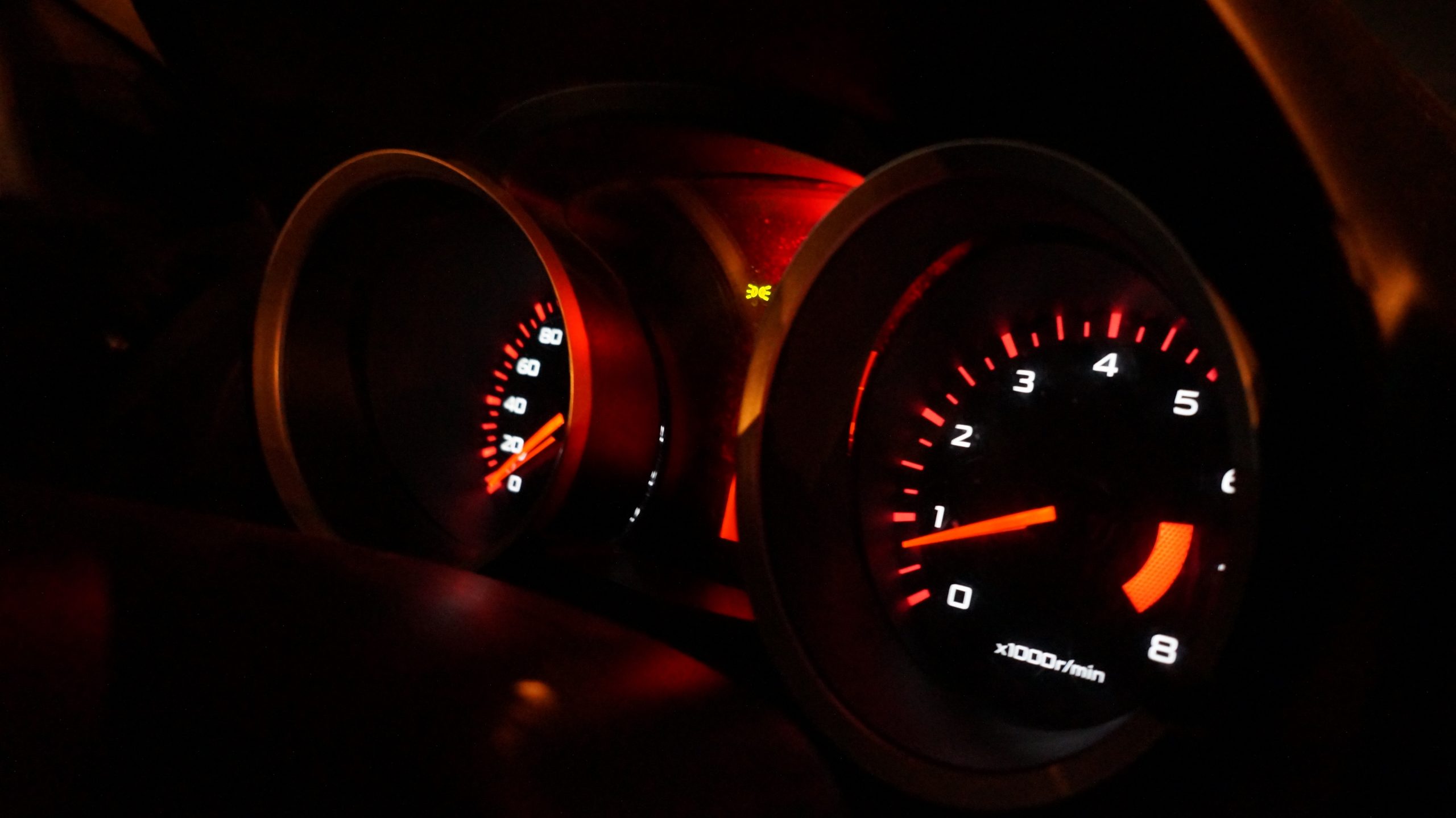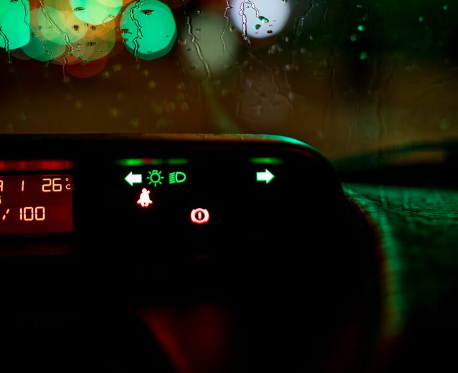In the world of automotive technology, ABS traction control and brake light issues can be a source of concern for drivers. Understanding these problems and how to deal with them is crucial for safe and stress-free driving. In this article, we will delve deep into the world of ABS traction control and brake light systems, providing you with expert insights and practical solutions.

ABS Traction Control and Brake Light On
The ABS traction control and brake light warning can be a daunting sight for any driver. But fear not, as we explore the various aspects of this issue and guide you on what to do when these lights illuminate on your dashboard.
What is ABS Traction Control?
ABS, or Anti-lock Braking System, is a safety feature designed to prevent wheel lock-up during hard braking. It ensures that you can maintain control of your vehicle while braking, especially in slippery conditions. This technology relies on sensors at each wheel that monitor wheel speed. When a wheel is about to lock, the system intervenes by modulating brake pressure.
Common Causes of ABS Traction Control Light On
- Wheel Speed Sensor Issues: One of the primary reasons for the ABS light coming on is a malfunctioning wheel speed sensor. These sensors can become dirty or damaged, causing inaccurate readings.
- Brake Fluid Level: Low brake fluid can also trigger the ABS light. Check your brake fluid reservoir regularly to ensure it’s at the proper level.
- Faulty ABS Module: The ABS module can fail, leading to the illumination of the warning light. This is a more complex issue that may require professional diagnosis.
Addressing the Issue
If your ABS traction control light comes on, it’s essential to address it promptly. Ignoring the warning light can compromise your vehicle’s safety.
- Check Wheel Sensors: Begin by inspecting the wheel speed sensors for any visible damage or dirt. Cleaning or replacing a faulty sensor can resolve the issue.
- Brake Fluid Inspection: Ensure that your brake fluid is at the recommended level. If it’s low, top it up with the appropriate brake fluid.
- Professional Diagnosis: If the problem persists, it’s advisable to seek professional help. A certified mechanic can diagnose and repair complex ABS module issues.

Tips for Preventing ABS Traction Control and Brake Light Issues
Maintaining your vehicle’s ABS traction control system is crucial for your safety on the road. Here are some tips to help you prevent these warning lights from coming on:
Regular Brake System Inspection
Regularly inspect your vehicle’s brake system. Pay attention to brake pads, rotors, and calipers. Replace worn-out components promptly to avoid strain on the ABS system.
Keep Wheel Sensors Clean
Keep your wheel speed sensors clean and free from debris. Dirt and grime can interfere with their functionality. Cleaning them periodically can prevent false readings.
Brake Fluid Maintenance
Monitor your brake fluid level and quality. Brake fluid absorbs moisture over time, which can lead to system issues. Change your brake fluid as recommended by your vehicle manufacturer.
Safe Driving Practices
Practice safe driving habits to reduce stress on your ABS system. Avoid abrupt and hard braking whenever possible, especially on slippery surfaces.
Regular Maintenance Checks
Include ABS system checks in your regular maintenance routine. A professional inspection can catch potential issues before they escalate.
Professional Diagnosis
If you notice any irregularities in your ABS system or if the warning lights come on, seek professional diagnosis immediately. Ignoring the problem can lead to more significant and costly repairs.

Expert Insights
To provide you with a deeper understanding of ABS traction control and brake light issues, we reached out to automotive expert, John Smith:
“Maintaining your ABS system is essential for your safety on the road. Regular inspections and timely repairs can prevent accidents and save you money in the long run. Remember, the ABS system is there to help you maintain control of your vehicle during challenging driving conditions, so it’s crucial to keep it in top shape.”
FAQs
Q: Why is ABS traction control important?
A: ABS traction control is vital as it prevents wheel lock-up, allowing you to maintain steering control during hard braking, reducing the risk of accidents.
Q: Can I drive with the ABS light on?
A: While you can still drive, it’s not recommended. The ABS system may not function correctly, increasing the risk of skidding during emergency stops.
Q: How much does it cost to repair the ABS system?
A: The cost varies depending on the issue. Sensor replacement may be relatively inexpensive, while ABS module replacement can be more costly.
Q: Can I reset the ABS light myself?
A: In some cases, disconnecting and reconnecting the vehicle’s battery may reset the ABS light. However, this won’t fix underlying issues.
Q: What happens if I don’t address the ABS light?
A: Ignoring the ABS light can lead to compromised safety during braking, especially on slippery surfaces.
Q: How often should I have my ABS system inspected?
A: Regular vehicle maintenance checks, including ABS system inspection, are recommended. Typically, this can be done during routine service intervals.
Conclusion
In conclusion, understanding ABS traction control and brake light issues is essential for every responsible driver. We’ve explored the causes of these warning lights and provided guidance on addressing them. Remember that safety should always be a top priority, and timely action can prevent accidents and costly repairs.







